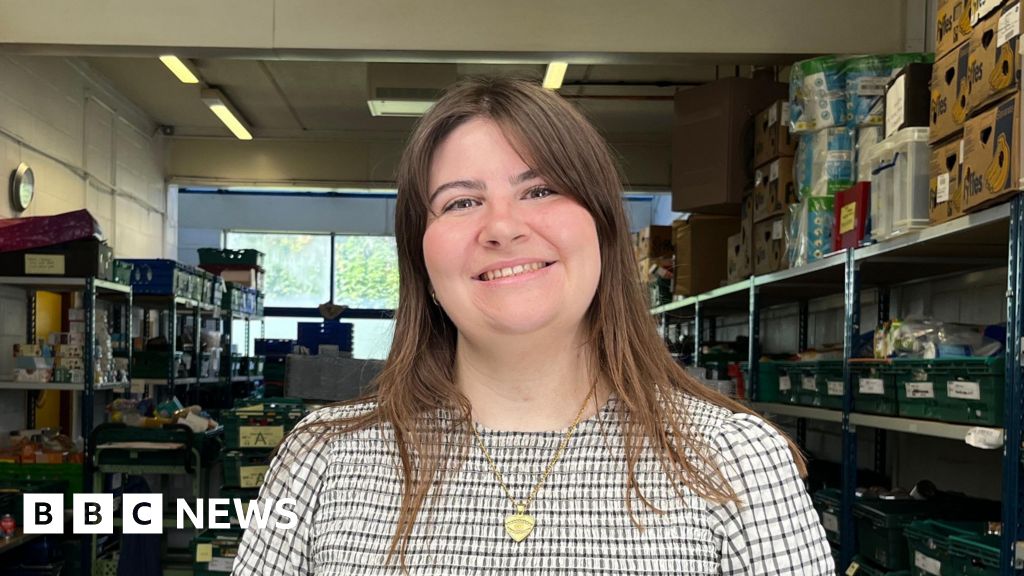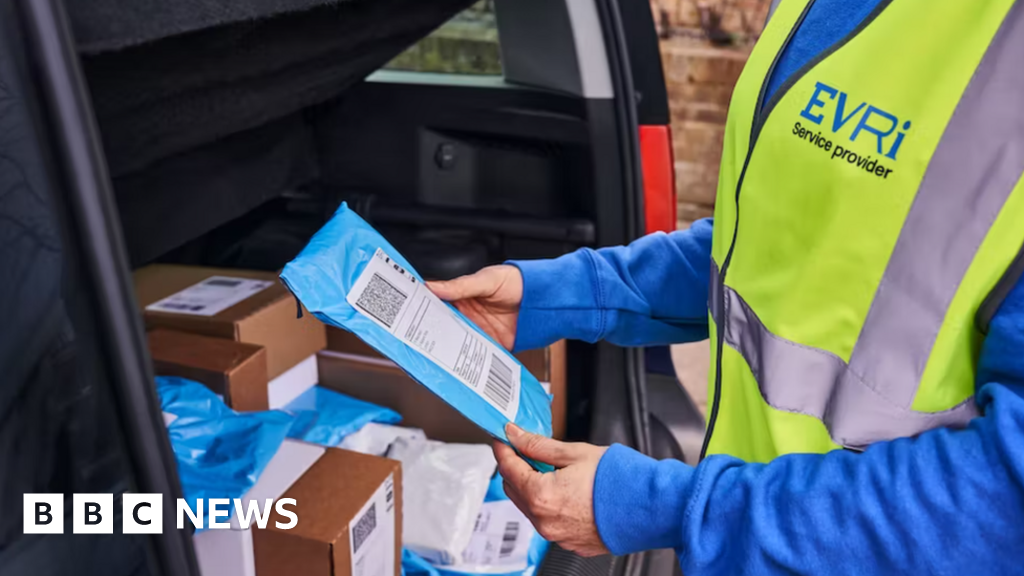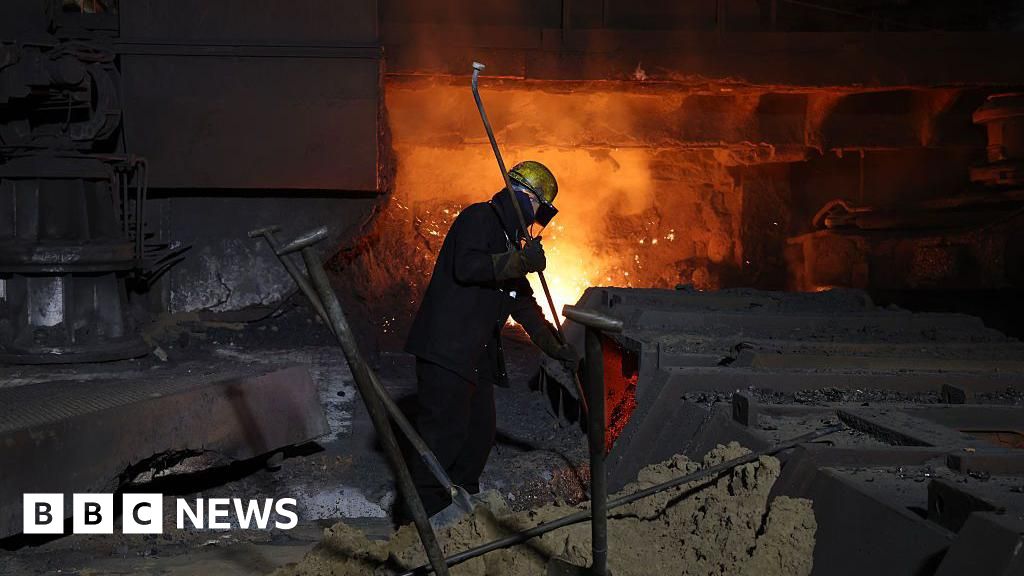ARTICLE AD BOX
By Rory Claydon & Alexia O'Connor
BBC Business reporters
Image source, Centrica
Image caption,The Centrica boss said there is "a lot of emotion" in the debate around fracking
Fracking could boost UK energy supplies and reduce bills, according to Chris O'Shea, chief executive of British Gas owner Centrica.
The UK government placed a moratorium on fracking in 2019, amid fierce local opposition and fears of earthquakes.
Mr O'Shea said there needed to be an "informed debate" about it.
However, environmental group Greenpeace said there had been "a decade of hype and bluster" around shale gas.
Fracking is the process of drilling into the earth, then directing a high pressure mixture of chemicals into layers of rock to release shale gas.
"We do have to be careful, if it does cause earthquakes, it's not something we should do," Mr O'Shea said.
The UK met 48% of its gas demand from domestic supplies in 2020, and bought the rest on international markets, according to the Department for Business, Energy and Industrial Strategy.
Image source, Cuadrilla/PA
Image caption,Cuadrilla has been given an extra year to delay the closure of its site in Lancashire
Mr O'Shea told BBC Radio 5Live's Big Green Money show: "The key question is, do we want to source our gas from overseas? Or do we want to have more gas domestically? And shale is certainly worth exploring."
The UK has only ever had one fracking site in operation, which halted in 2019 following a report by the Oil and Gas Authority (OGA).
The indefinite suspension came after the OGS found was not possible to predict the probability or size of tremors caused by the practice.
However, this year regulators gave owners Cuadrilla an extra year to re-evaluate the site before it could be sealed up in 2023.
Mr O'Shea urged informed debate on fracking.
"I can't tell you what the right answer is, but I can tell you we don't achieve that by people taking entrenched positions that are not based on the full facts," he said.
He added that British Gas and Centrica had held off discontinuing a share in a fracking license while it waits to see if the government will revive the possibility of shale gas extraction.
"We have a small residual share in a fracking license which we were in the process of discontinuing," he said.
"What we've decided to do is just hold off for a year."
Image source, Getty Images
Image caption,The fracking site owned by Cuadrilla Resources in Lancashire had to halt activities in 2019 following concerns about small earth tremors
In March, the Energy Minister Greg Hands said in Parliament that shale gas "could be part of our future energy mix,"but added that it would need the "support of local communities."
Mr Hands also said the government was clear that the gas was "not the solution to near-term issues," adding that it would take years before commercial quantities could be produced.
A group of Tory MPs known as the Net Zero Scrutiny Group has been pushing for the government to end its fracking ban saying that it could help secure energy supplies for Britain.
Many environmental groups have said they were concerned about the potential for fracking to cause earthquakes.
Rosie Rogers, head of energy at Greenpeace UK, told the BBC: "After a decade of hype and bluster, all the fracking industry has given us are two holes in a muddy field and some minor earthquakes."
Previously, Greenpeace has said that fracking would not improve energy security, because any gas extracted would belong to the gas firm doing the drilling, not to Britain, and it would be sold on international markets.
"It will take many years to develop and if it ever gets produced, it will be sold to the highest bidder on the international market, with no impact on our energy bills," a Greenpeace spokesperson said.
"If the UK and Europe want to end their dependence on Russian gas, the quickest way to do that is by insulating homes, installing heat pumps and boosting renewables."

 3 years ago
32
3 years ago
32








 English (US) ·
English (US) ·